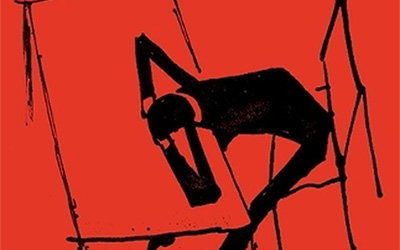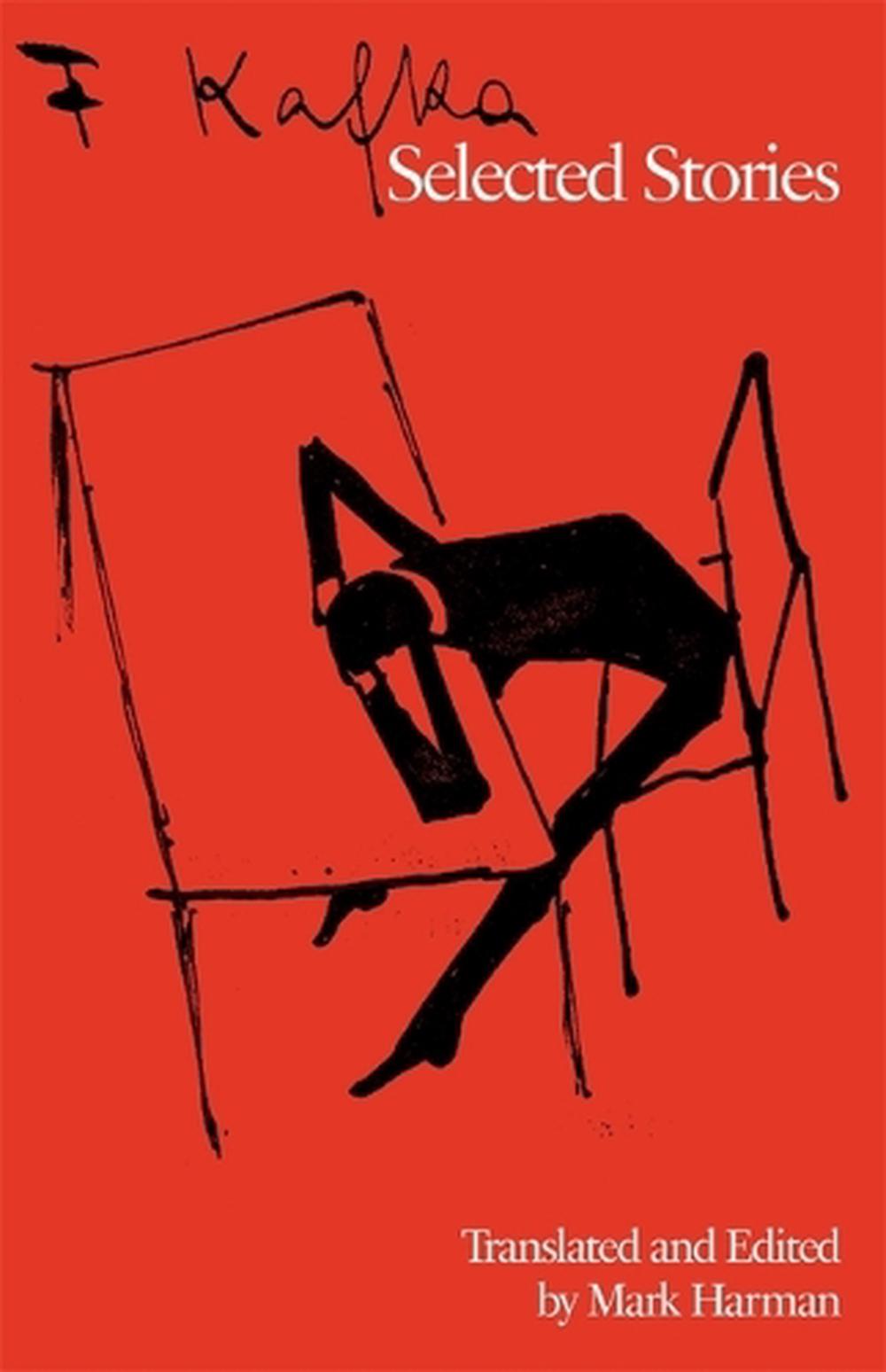
- Free Article: No
- Contents Category: Short Stories
- Review Article: Yes
- Article Title: A man made only of words
- Article Subtitle: Hidden humour in the interstices
- Online Only: Yes
- Custom Highlight Text:
In Selected Stories, Mark Harman gives us crisp new translations of Franz Kafka’s best novellas and tales and also a substantial scholarly introduction to his life and work. Like most biographers, he explores Kafka’s painful relations with his family, particularly his father, and his anxieties about marriage. The women in Kafka’s life – particularly his twice-rejected fiancée
Felice Bauer and his gifted Czech translator Milena Jesenská – are powerful presences. But Harman looks beyond Freudian family romance for insight. He sees Kafka as a man in search of transformative experience. Kafka tried to enlist during World War I; he reflected with increasing urgency on what it meant to be a Jew; he wrestled with philosophical and religious doubt. Set against all this, there was his absolute commitment to an ascetic writing life, which he sometimes feared was no life at all, making him a man made only of words, a literary fiction, truly absurd – and so in the midst of all these struggles he laughed, primarily at himself. Irony is thus the hallmark of his writing, with, as Harman says, ‘humour hidden in the interstices of his sentences’. - Featured Image (400px * 250px):

- Alt Tag (Featured Image): Joachim Redner reviews ‘Selected Stories’ by Franz Kafka, translated and edited by Mark Harman
- Book 1 Title: Selected Stories
- Book 1 Biblio: Harvard University Press, US$ 29.95 hb, 304 pp
- Book 1 Cover Small (400 x 600):

- Book 1 Cover (800 x 1200):

The stories are presented in chronological order, from ‘The Judgement’ and ‘The Transformation’ (1912) to ‘The Hunger Artist’ (1922), the proofs of which Kafka was correcting at the time of his death from tuberculosis in 1924, at the age of forty. The title of the famous story, beginning ‘Gregor Samsa awoke from restless dreams’ one morning and ‘found himself transformed into a monstrous insect’ is usually translated as ‘Metamorphosis’, but Harman considers this misleading. In Kafka’s world, unlike Ovid’s, there is no received mythology, no divine explanation for the terrifying changes in human destinies. Kafka makes the point himself with characteristically mordant wit in ‘Poseidon’ (1920), in which the old Greek god is depicted as an overworked bureaucrat, too busy in his office on the sea floor to go riding the waves. Kafka’s God, the monotheistic God of Judeo-Christian tradition, is not so easily dismissed.
Harman explains why. Kafka once told Max Brod, his closest friend: ‘We are nihilistic thoughts in God’s mind’, implying that God is to blame for our inability to believe in Him, but also ruefully acknowledging that as nihilists we are responsible for the sinister consequences of our unbelief. This statement sounds like Friedrich Nietzsche but is also wittily reminiscent of the comical quarrels with God familiar from Yiddish literature. Religion was not emphasised in Kafka’s upbringing. His family, like most others in the middle-class German-Jewish communities of Prague, was semi-assimilated, his education rigorously secular. At university, he absorbed Nietzsche’s philosophical doubt in the existence of God, truth, knowledge, or the possibility of a just social order. But he later turned his own sceptical intelligence against Nietzsche, first by imagining in detail the kind of world nihilism projects and its dire consequences for individuals, then by showing with what ingenuity, tenacity, and even sheer effrontery they may cope with a hostile universe.
Gregor’s family find their great bug of a son repulsive and eventually exterminate him, but he has small victories: he gets off his back onto his feet; he forces his bullying employer to beat an undignified retreat. Other stories dramatise reverse transformations. In ‘A Report for an Academy’ (1917), an ape caged and tormented by humans finds a way out by imitating their worst habits – spitting, smoking, swilling brandy – then, having learned to speak, he shames them with his superior civility. In the great novel contemporaneous with these stories, The Trial, Joseph K.’s condemnation to death is foreordained, but here, too, the end is not all that matters. K.’s struggle against ferocious injustice may be futile, but it is sexually and intellectually energising and infinitely preferable to the passive waiting for illumination unto death endured by the supplicant in the parable of ‘Before the Law’. The ending of The Trial is absurdist art at its best, horror edged with humour. The two officials who walk K. to his death are clowns; bad actors who can barely control him between them. For K., who knows the score, sets the pace.
How can Kafka afford to laugh in the face of a hostile universe? Harman argues that he drew strength from Jewish tradition. He turned first to Yiddish theatre, inspired by its exaggerated mimicry, farcical elements, and gallows humour; then he gravitated towards Jewish mysticism, even asking to be introduced to the influential Hassidic Rabbi of Belz in 1916. His last love was Dora Diamant, daughter of a devout Jew who wouldn’t allow her to marry a man fallen so far from faith. By contrast, enlightened Jewish thinkers such as Gershon Scholem saw Kafka as a modern kabbalist. And Walter Benjamin found intimations of religious hope in Kafka that made his nightmarish visions, soon to become reality in Nazi Germany, almost bearable: ‘Kafka’s world [...] is the exact complement of an era preparing to do away with the inhabitants of this planet on a considerable scale’, he wrote to Scholem, in 1938, but he also stressed Kafka’s ‘self-possession’, his moments of ‘radiant serenity’.
Harman closes his Introduction with a similar thought,
recorded in Brod’s biography of Kafka. Is this evil world of ours ‘a sin of God’, Brod enquires. ‘No,’ Kafka says: ‘We are just one of God’s bad moods’ – prompting Brod to ask if this means there is hope. ‘Plenty of hope for God,’ Kafka replies, ‘only not for us.’ But he was smiling calmly.
Ironies like this lurk in Kafka’s fiction: in dry, dispassionate sentences that deliver disconcerting changes of perspective and in slyly matter-of-fact descriptions of uncanny events. Harman’s translations recreate these subtle effects with admirable precision; and by uncovering the veins of humour and hope in Kafka’s dark art, he may well win new readers for this gentle master of the absurd.


Comments powered by CComment